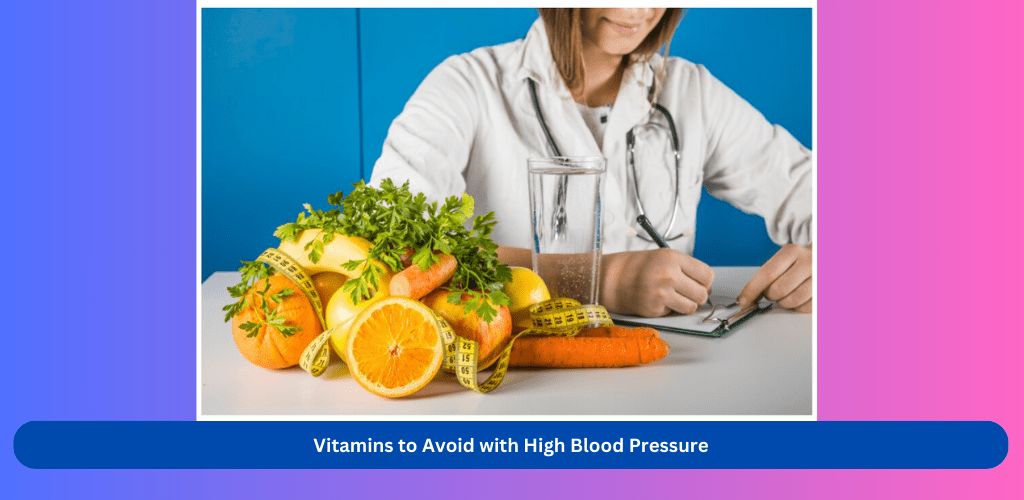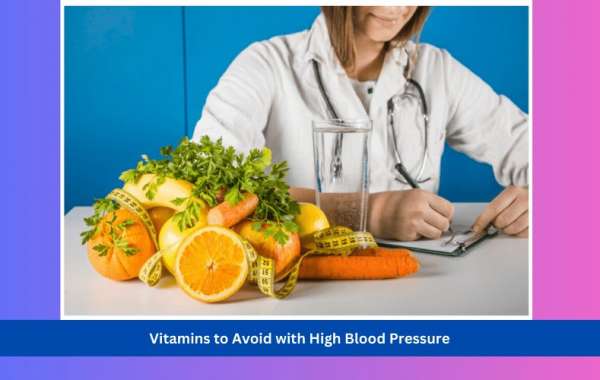
Managing high blood pressure involves more than just medication and lifestyle changes. It's crucial to understand the impact of supplements and vitamins on your health. Some vitamins, although beneficial in general, can adversely affect blood pressure levels. Here are the vitamins to avoid with high blood pressure to help maintain optimal health.
Vitamin E
Vitamin E is well-known for its antioxidant benefits, which protect cells from damage. However, in high doses, Vitamin E can interfere with the body's ability to clot blood properly. For individuals with high blood pressure, especially those taking blood thinners, this can increase the risk of excessive bleeding and other complications.
Vitamin A
Vitamin A plays a key role in maintaining good vision and supporting the immune system. Nonetheless, high doses of Vitamin A can lead to toxicity, which may cause symptoms such as dizziness, nausea, and increased intracranial pressure. These symptoms can worsen high blood pressure, making it essential to monitor Vitamin A intake.
Vitamin D
Vitamin D is crucial for bone health and immune function, but excessive amounts can be detrimental for those with high blood pressure. High doses of Vitamin D can result in hypercalcemia, an elevated level of calcium in the blood, which can increase blood pressure. Monitoring and regulating Vitamin D intake is vital to prevent these issues.
Anxiety and High Blood Pressure
The relationship between anxiety and high blood pressure is significant. Chronic anxiety can contribute to the development of hypertension, while elevated blood pressure can also lead to increased anxiety levels. Certain vitamins and supplements aimed at reducing anxiety, such as St. John’s Wort, can interact with blood pressure medications and potentially raise blood pressure.
Vitamin B6
Vitamin B6 is essential for metabolic processes and brain health. However, consuming high doses can cause nerve damage and disrupt blood pressure regulation. Individuals with high blood pressure should avoid excessive Vitamin B6 intake and consult a healthcare provider before taking supplements.
Herbal Supplements and High Blood Pressure
In addition to vitamins, some herbal supplements can also affect blood pressure. Ginseng and ephedra (ma huang) are known to raise blood pressure levels. Individuals with hypertension should avoid these herbal supplements to prevent further complications.
Conclusion
Effectively managing high blood pressure requires careful attention to diet and supplements. Being aware of the vitamins to avoid with high blood pressure can help prevent negative effects and promote better health outcomes. Key vitamins to be cautious about include Vitamin E, Vitamin A, and Vitamin D, as well as high doses of Vitamin B6. Additionally, avoid herbal supplements like ginseng and ephedra, which can impact blood pressure. Understanding the link between anxiety and high blood pressure is also important, as managing anxiety can aid in controlling hypertension. Always consult with a healthcare provider before starting any new supplement regimen to ensure it aligns with your health needs and does not interfere with blood pressure management. Making informed choices and monitoring your intake can make managing high blood pressure more effective and safer.




